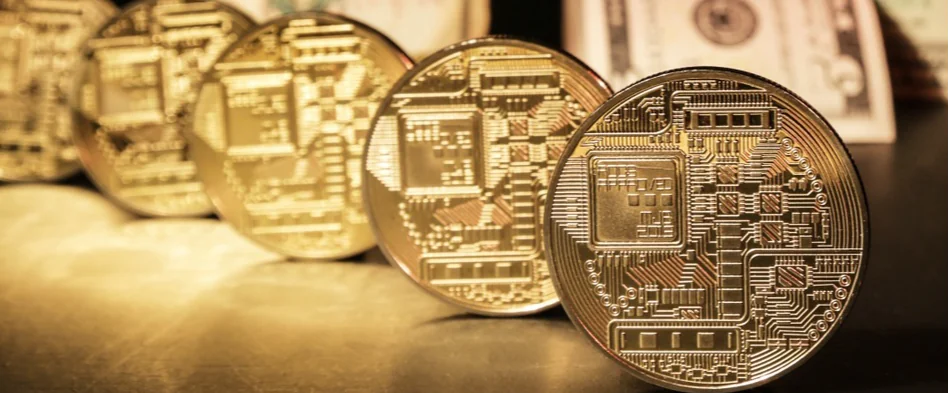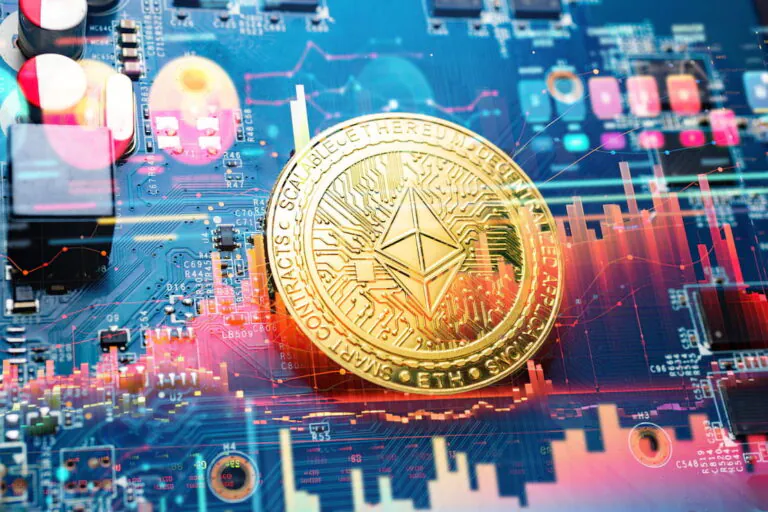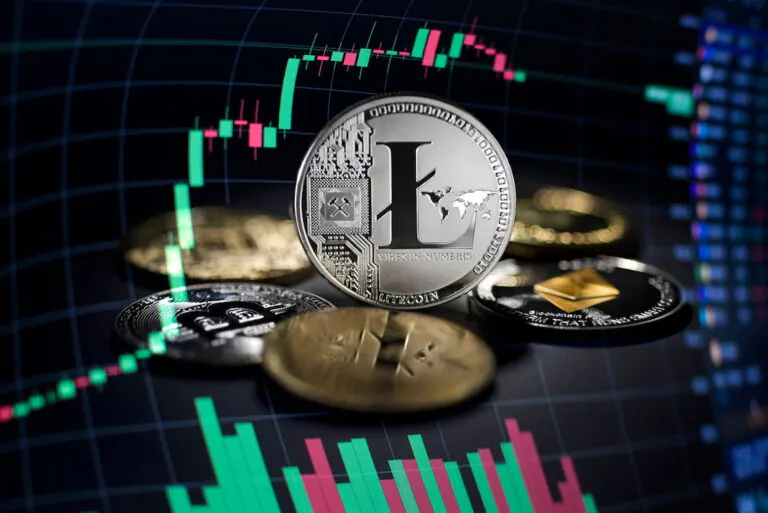The Ethereum blockchain is a distributed ledger system designed to create decentralized applications. One of its main goals was to facilitate money transfers and get rid of intermediaries during transactions in global financial systems. One of the cofounders of Ethereum is Anthony Di Iorio.

Coins and tokens – what’s the difference
If you want to invest in cryptocurrencies, it would be good first to understand all the intricacies of the sphere.
You might think that cryptocurrency coins and tokens are the same thing, journalists often confuse them in articles, but these two concepts are based on different types of cryptography.
The difference between a coin and a token is that the token is not a full-fledged coin. That is, all coins are tokens, but not all tokens are coins.
What is a coin in cryptocurrency?
The coin is a full-fledged cryptocurrency that uses its own blockchain and works independently. Famous examples of coins are Bitcoin, Litecoin and Ethereum. Altcoins, in turn, are divided into two common types:
Altcoins created on the basis of the original Bitcoin blockchain (for example, Litecoin, Dogecoin);
Altcoins for which a unique blockchain was created (a prime example is Ethereum).
What is a token in cryptocurrency?
Tokens are cryptocurrencies created on the basis of an already existing blockchain, mainly on Ethereum. A cryptocurrency token has many more functions than a coin. In addition to the possibility of speculation, owners with the help of tokens confirm the share of ownership and have the right to vote. Currently 1 token = 1.4 USD.
Types of tokens:
- Utility tokens. They are not created for investors, but for use in transactions or access to products. In fact, it is a program, a utility. Such a token is not considered an asset, and therefore does not fall under the laws on the circulation of money.
- Share tokens. Used by investors as securities. Regulated by laws, like other financial instruments. Tokens have the biggest potential.
How is a token different from a coin?
1. Coins have their own blockchain, tokens do not.
- For example, Bitcoin, Litecoin, Ethereum, etc. have their own blockchain, which allows you to generate your own code for these currencies on a common program.
- Tokens do not have their own blockchain, they are created on another platform (for example, Bitcoin, Litecoin, Ethereum).
2. Tokens are created immediately, coins – in the process of mining.
- Coins are more often issued by miners over a long period of time, and the presence of miners plays a key role here.
- Tokens are usually issued immediately and immediately sent to the market. Often, tokens are sold for the further implementation of a project, and the future price and fate of the tokens depend on the success of the implementation.
3. Tokens are meaningful in the middle of the community itself.
- Tokens are a specialised currency within the community. They can pay for goods and services, as well as buy or sell to each other.
- Coins are close to real money, you can invest in them, you can use them to buy goods in stores that are absolutely unrelated.
Token and coin – the difference. What's better?
If you want to purchase an electronic currency only for the purpose of making a profit, the difference between a token and a coin is not significant. The exchange rate of a token and a coin can both rise and fall. But the range of use of tokens is much wider than that of a coin.
The owner of the token can:
- Buy goods and services
- Receive dividends and other privileges
- Stimulate the development of startups
Is it possible to use the words "coins" and "tokens" as synonyms? Yes and no. Although the difference between a token and a coin is big, everyone will confuse them for a long time. These terms will be considered interchangeable, most likely, until people start actively using them as a means of payment. We do not confuse the concepts of “money” and “shares"
Start your crypto exchange with Coin24

Exchange BTC, ETH, USDT and more — cash or card

Secure and fast crypto exchange since 2018



